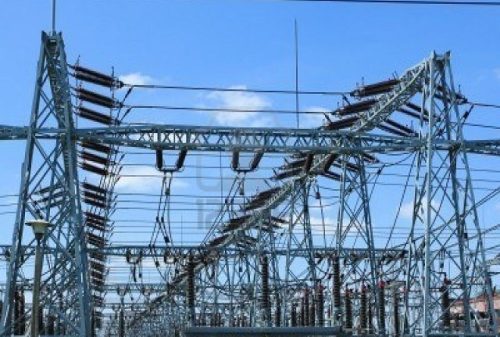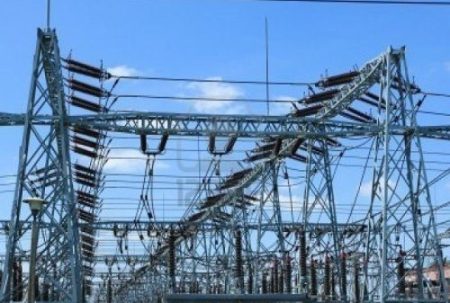The Federal Government of Nigeria has recently entered into an agreement with the European Union (EU) and the German Government, securing a substantial financial investment of £17.9 million to support an off-grid electricity project. This initiative is part of the third phase of the Nigerian Energy Support Programme (NESP), aimed at enhancing investments in renewable energy, improving energy efficiency, and advancing rural electrification across the country. The project is expected to significantly benefit Nigerian communities by providing electricity access to 154,000 people, while also connecting an additional 30,000 individuals to clean cooking gas. Furthermore, it aims to generate eight megawatts of renewable energy capacity, addressing critical power shortages faced by many citizens.
The NESP was established in 2013 as a technical assistance program, co-funded by the European Union and the German Federal Ministry for Economic Cooperation and Development. The Deutsche Gesellschaft für Internationale Zusammenarbeit, in collaboration with Nigeria’s Federal Ministry of Power, has been charged with overseeing the implementation of this vital initiative. Inga Stefanowicz, the Head of Section for Green and Digital Economy at the European Union Delegation to Nigeria and ECOWAS, emphasized the collective responsibility of all stakeholders in achieving a cleaner and more sustainable energy future. She stated that the EU is dedicated to supporting Nigeria’s efforts to enhance its energy security and transition to renewable energy, playing a pivotal role in redefining the frameworks and investment models necessary for a reliable power supply.
At the launch and steering committee meeting of NESP III, various stakeholders reiterated the importance of collaboration in the renewable energy sector. Stefanowicz noted the additional funding provided for this phase will help establish innovative models that will attract investments, enhancing electricity franchises while ensuring reliable service for beneficiaries. Notably, she highlighted plans for the installation of solar energy systems to support health projects in Nigeria, showcasing the EU’s commitment to working closely with state governments to achieve mutual goals. The transition to a clean and digital economy is seen as a fundamental objective within the context of the global gateway strategy, driving sustainable development for both people and the planet.
Germany’s commitment to assisting Nigeria in achieving its energy transition targets was reaffirmed by Johannes Lehne, the deputy ambassador of the Embassy of the Federal Republic of Germany. He outlined the critical role that renewable energy technologies and investments play in diversifying Nigeria’s energy mix and decarbonizing front-line sectors outlined in the Energy Transition Plan. The German Federal Ministry for Economic Cooperation and Development commissioned the third phase of NESP, contributing €8.9 million in funding, with the EU adding another €9 million. This collaborative effort raises the total budget for the NESP program to €17.9 million, which underscores ongoing partnership and dedication towards reaching Nigeria’s energy goals and ambitions.
The Permanent Secretary of the Ministry of Power, Mahmuda Mamman, provided insights into the initiative’s impact in addressing the urgent need for electricity in Nigeria. He pointed out that around 100 million Nigerians currently lack access to reliable electricity, highlighting the essential role of renewable energy in overcoming the specific challenges faced in rural communities. Mamman stated that the success of previous phases of the NESP program has laid the groundwork for this third phase, aiming to further increase electricity availability in under-served areas. He positioned the project as a critical step toward bridging the existing energy gap and fulfilling the energy needs of the population.
Commenting on the ongoing challenges surrounding Nigeria’s electricity sector, Duke Benjamin, the Head of Programme at NESP, reiterated the importance of expanding access to electricity for rural communities not connected to the national grid. Despite past interventions, Nigeria’s electricity issues persist, with the national grid facing substantial collapses throughout the year 2024 alone. Given the country’s expansive population of over 200 million and its current capacity of generating only 5,000 megawatts, the NESP III project stands out as a crucial initiative aimed at transforming the energy landscape, emphasizing the necessity for effective solutions, renewable investments, and sustained partnerships to achieve energy sustainability for all Nigerians.



